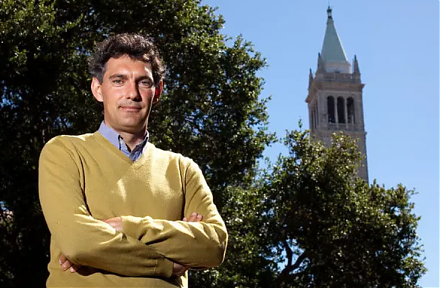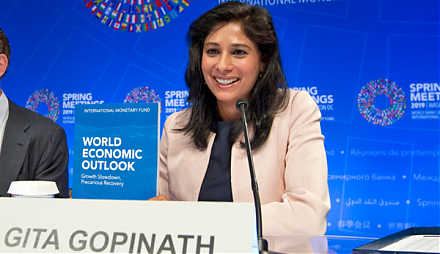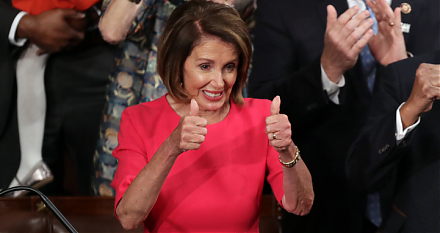

2018-03-27 07:33:00 Tue ET
technology antitrust competition bilateral trade free trade fair trade trade agreement trade surplus trade deficit multilateralism neoliberalism world trade organization regulation public utility current account compliance
CNBC's business anchorwoman Becky Quick interviews Nobel Laureate Joseph Stiglitz on the current trade war between America and China. As America imposes $60 billion tariffs on key Chinese imports such as steel and aluminum, China fights back with $3 billion tariffs on U.S. exports for at least 128 items. Stiglitz points out that the poor and less economically-privileged American residents with subpar socioeconomic status and educational attainment are likely to suffer due to higher prices of many consumption goods. Also, most U.S. corporations fund their capital investments with tax-deductible debt, and so tax cuts will largely benefit these large corporations and high net-worth investors in America.
However, the typical U.S. household will face lower purchasing power, and fiscal stimulus may or may not boost real investment and productivity growth. For this reason, President Trump's economic policy reform may wreak havoc in real macro-economic activities, especially if GDP per capita growth cannot exceed investor expectations and inflationary pressures in the medium term.
Stiglitz specifically favors globalization and free trade if the U.S. government sets clear limits on product market liberalization.
If any of our AYA Analytica financial health memos (FHM), blog posts, ebooks, newsletters, and notifications etc, or any other form of online content curation, involves potential copyright concerns, please feel free to contact us at service@ayafintech.network so that we can remove relevant content in response to any such request within a reasonable time frame.
2018-03-09 08:33:00 Friday ET

David Solomon succeeds Lloyd Blankfein as the new CEO of Goldman Sachs. Unlike his predecessors Lloyd Blankfein and Gary Cohn, Solomon has been an investmen
2020-09-10 08:31:00 Thursday ET

Most business organizations should continue to create new value in order to achieve long-run success and sustainable profitability. Todd Zenger (2016)
2019-01-23 11:32:00 Wednesday ET

Higher public debt levels, global interest rate hikes, and subpar Chinese economic growth rates are the major risks to the world economy from 2019 to 2020.
2019-10-09 16:46:00 Wednesday ET

IMF chief economist Gita Gopinath indicates that competitive currency devaluation may be an ineffective solution to improving export prospects. In the form
2017-02-19 07:41:00 Sunday ET

In his recent book on personal finance, Tony Robbins recommends that each investor should rebalance his or her investment portfolio *only once a year* to in
2019-01-12 10:33:00 Saturday ET

With majority control, House Democrats pass 2 bills to reopen the U.S. government without funding the Trump border wall. President Trump makes a surprise Wh